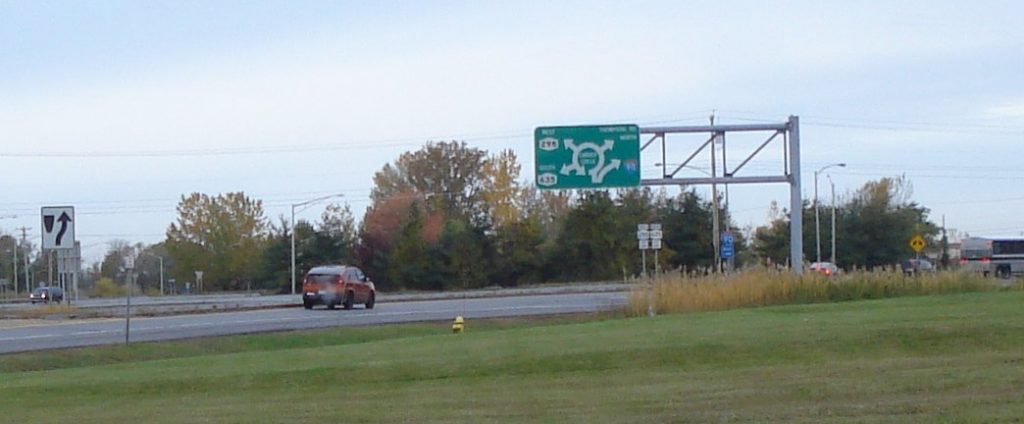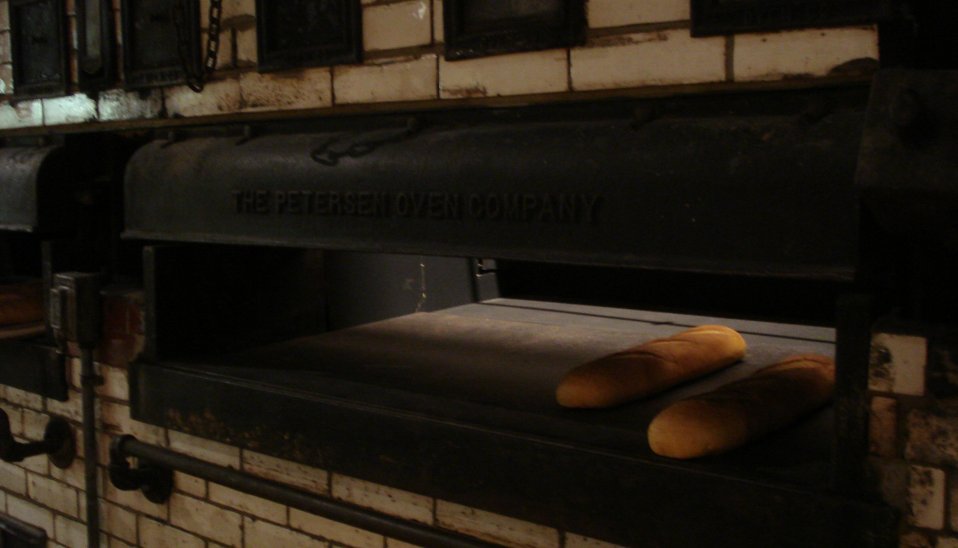We talked about the public diplomacy surrounding climate change at the Public Diplomacy Symposium at Syracuse University. Karen Akerlof from George Mason based her talk on a report called Global Warming’s Six Americas, which segmented the American public by their belief in global warming and stated commitment to doing something about it.

I will let you read the report at the link above. Ms. Akerlof pointed out that these diverse groups had more in common in their actions than in their beliefs. For example, those who were dismissive of global warming were MORE likely to do things like drive fuel efficient cars, weather-strip their houses and conserve energy in general. You could speculate that they were more motivated by the desire to save money than save the earth, but this reveals the biggest challenges in public relations/public diplomacy – people often do NOT act on their expressed beliefs.
Public affairs professionals like to think that if we can convince people of the righteousness of our positions their behaviors will change in favorable directions, but the relationship between good will and good deeds is not strong. In fact the gap between what people say they want to do and what they really do is probably the single most common inspiration for literature, myths and self-help books.
People are Perfidious
This is the gap between what people SAY – i.e. their stated preferences – and what they DO – i.e. their revealed preferences. People don’t tell the truth to opinion pollsters when talking about complex issues. I won’t call it hypocrisy or dishonesty because it goes deeper than that simple explanation.
People often don’t know what they really think because they haven’t thought through all aspects of most issues. When asked, they to follow along the familiar ruts of what they think others approve.They might even claim that they feel strongly about it but that doesn’t necessarily indicate their own commitment or their willingness to follow through. It gets worse when we become more political.
Politics does not REQUIRE strong commitment or follow up among most supporters. At a cost of about an hour of their time otherwise uncommitted individuals can convince themselves of their virtue once every two or four years and then do not much but complain and make demands in between. Politicians figured this out long ago (read about it in what Tocqueville wrong in 1830), so they flatter and pander to the uncommitted by giving them an undeserved benefit of the doubt. Focus on a one-time easy to do action works well campaigns. The skill level required to make a mark on a ballot or pull a lever on a machine is not high. But is not a good way to govern or get things done in general.

A Slowly Warming Oven
Climate change is perhaps the place where the one-time, short-term rhetorical – the political campaign – commitment works LEAST well. The diffuse, slow-motion unfolding of climate change is almost the opposite of a political process. In climate change, you have to pay the costs up-front and personally. However, you may never get a personal payoff and the results of your work and sacrifice may not come for many years, may not happen near you and may not be apparently connected to your actions. In fact, I cannot think of situation LESS likely to inspire consistent action on the part of individuals. Mark Meisner, Another of the SU panelist, laid it out nicely. He said that the climate debate is hard because of doubts related to complexity, distance, time, visibility, responsibly and consequences. To me this just means that we’re cooked on this one.
Advocates for climate change action missed major inflection point in the climate debate that happened a few months ago. Until this year, they had a politically based task. They had to convince people to SAY they believed climate change was real and that it represented a danger. This task was facilitated by the easy identification of villains. Global warming deniers (following the construction “Holocaust deniers”) could be attacked. It was implied that if these guys would just recognize the truth, the problem could be solved. But this is wrong. Global warming deniers did not cause the problem and they cannot fix it because global warming is a physical problem that requires real, as opposed to political, action. AND it requires long-term commitment, not mere involvement.
The inflection point that occurred in the debate this year is that almost everybody now recognizes the problem, at least rhetorically. The convincing part of the public diplomacy worked. Now we have moved to the “so what do we DO?” stage. This is harder.
Easier to Identify a Problem than to Agree on Solutions
Let me lay it out. We now agree on the diagnosis of the problem, but we strongly disagree about what we should do, when we should do it, who will pay for it and who is responsible of taking the needed steps. We have moved beyond the political phase of the problem and are now in the governance phase. They require different skills and methods.
On the one hand, this is to the advantage of the U.S. Other countries have sanctimoniously hidden behind the U.S. for too long. We didn’t agree to Kyoto, but Kyoto didn’t work anyway. Those that did agree to Kyoto generally reduced their CO2 emissions LESS since 2000 than we did. It is the difference between the political and the operational paradigms. In the political paradigm you get credit for what you say you are gonna do. In the operational paradigm you only get credit for what you actually accomplish. America has been doing much better in the reality than in the perception of environmental progress. So as a public diplomat, my life has become a bit easier because we can more easily talk about our practical success. Clearing away the cover, calling the practical bluff of our detractors will be satisfying.
Good Decisions Require Good Information, Incentives
But my anticipated joy at rhetorical victories in the public diplomacy game is mitigated by the anxiety I feel as someone concerned about the real environment. I am resigned to the fact that there will be climate change. We cannot avoid it. How much it bites depends more on technological developments than on political will. Politicians can do two things to help. They can raise the price of carbon, which will encourage alternatives, and they can reduce opposition to nuclear power. But both these things have political costs, so I expect less help from this sector.
The atmosphere doesn’t care if you say you are an environmentalist. It doesn’t make allowances for the poor nor does it give credit for good intentions. It is not impressed by celebrities. You cannot make progress by changing accounting procedures, borrowing from the future or blaming the past. You cannot get credit for what you didn’t do and your good works will often by obvious to nobody. In short, the natural environment is a very un-political environment.
Fortunately, the American people are greater than American politics, or as l like to say, the American nation is greater than the American government. This is true of other countries too. We are developing new technologies and new techniques. The imagination, innovation & intelligence of the people will produce good solutions if they have the right incentives and information. Environmental protection is one of the places where market-based incentives and information is insufficient because we are dealing with external costs and long term consequences. Government’s role is to make the needed adjustments in information and incentives, so that individuals and firms make realistic decisions. But the authorities must resist the temptation to pick winners and losers and micro-manage.
Politicians & public affairs campaigns play indispensable support roles by creating conditions favorable to development, but they develop nothing by themselves.
In the end, what you have done really is more important than what you say you are going to do.
Chicken & Pigs; Eggs & Ham

Do you recall the difference between involvement and commitment? Look at this bacon & eggs breakfast. The chicken is involved. She drops the egg and has nothing to do ever again. The pig is committed. His ass is right there on the plate. Involvement can be painless and ephemeral. Commitment is hard and permanent. You can see why it is easier to get people involved than committed.
